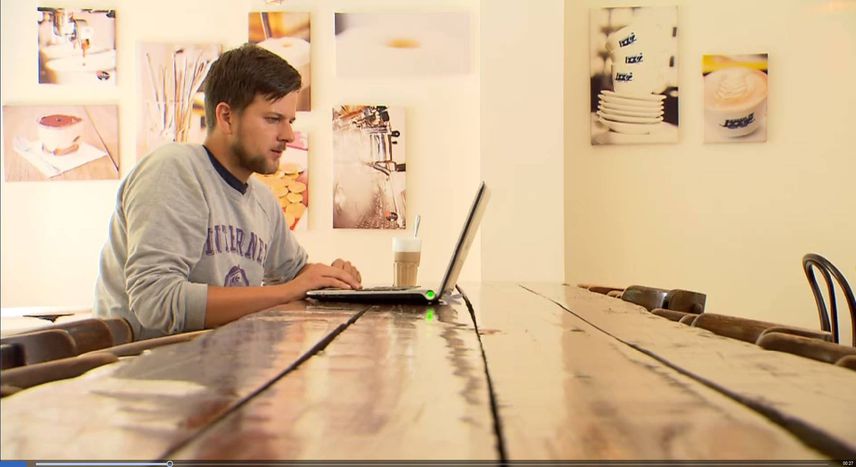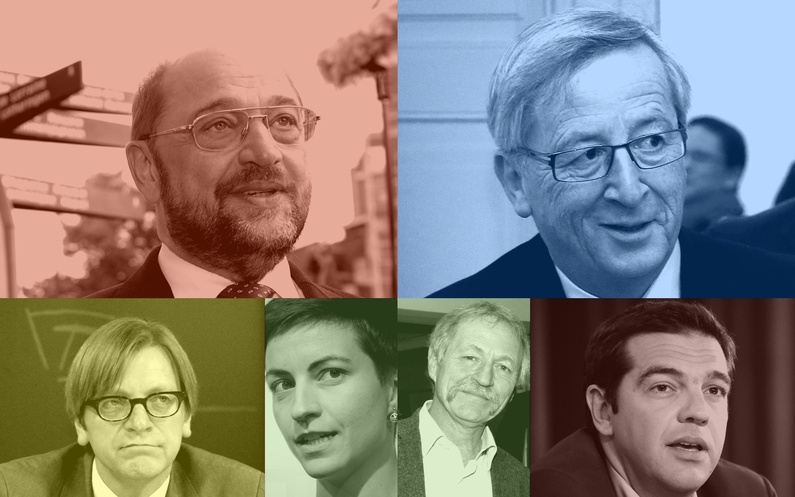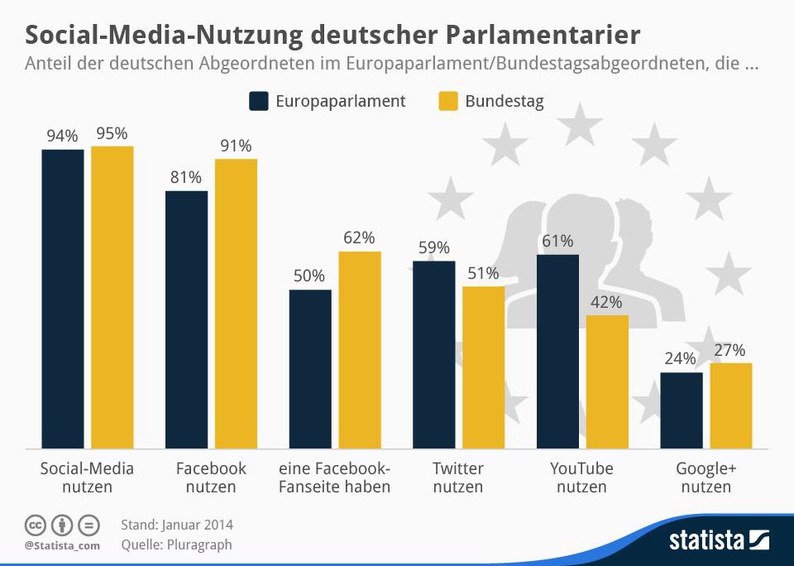
Followers are like Penis Size: Digital EU political campaigns
Published on
Translation by:
 Danny S.
Danny S.
Democracy can be made sexy again through digital media, says political advisor and blogger Martin Fuchs. Will the digital revolution be a part of the European elections? Which online strategies are candidates assuming before the EU parliamentary elections? How do you get admitted to parliament at the last minute?
Café Babel: Let's assume I want to quickly become a part of the European Parliament, what type of social media campaign would I have to organize?
Martin Fuchs: There isn't a single campaign that would be successful, eight weeks before the elections. Social media only works in a political campaign if you've consistently developed a community over a span of years that you can fall back on. You can forget it if you tell yourself "I'm going to become a politician and open a Twitter account." It's not 10,000 followers that you need, but rather the 500 to 1000 followers that really follow you. The followers that spread your ideas in newspapers, blogs and offline discussions. But you can't get those followers within a short time.
#Happyvoting Call to EU elections
CB: But if I could buy Likes and start a campaigne with exposure, wouldn't I secure awareness?
MF: I would definitely advise against buying Likes. There are analysis portals through which you can determine if someone's bought Likes. That only drags a political party into a scandal. Of course you can try to spread some provocative ideas throughout a city. But even in the first couple of weeks you won't be able to produce media awareness.
CB: So those politicans who ignore social media, can they still be elected?
MF: There are politicians who have had a solid base in the Swabian Jura Provence for nearly twenty years. You can't find broadband or wireless LAN networks in those areas. That's why in those areas they're more involved in bowling clubs or choirs. They know their constituants on a personal level and don't need social media, since they've already had a strategy established for years.
CB: Aren't online information sources superficial?
MF: The problem is that people don't want to chat with old men in backrooms. But through Tweets and continual Facebook communications, you can inspire young people. It's good that political information can flood their timelines, even if they don't go to demonstrations.
 CB: Say I'm a boring or uninteresting candidate, do you think I can improve my image through provocative posts and Tweets?
CB: Say I'm a boring or uninteresting candidate, do you think I can improve my image through provocative posts and Tweets?
MF: I have to present myself through new forms of media just as I would, were I on the street or in a marketplace. There's no point in embellishing myself. If I'm someone who spends his time consuming documents, then that's what I have to be on Twitter or Facebook.
CB: Martin Schulz has the most followers on Twitter and Facebook. Does that mean that he's the best or most interesting politician?
MF: That is rather informative. But comparing followers is like comparing penis size. Martin Schulz is prominent, which is why he has as many followers as he does. But the question is whether he actually needs that many followers. He can only be elected in Germany, so half of his followers therefore become obsolete.
 CB: What's the future of social media in politics?
CB: What's the future of social media in politics?
MF: Television is still the primary source of information for people in Germany, but there is an increasing number of people who use the internet to get information. But traditional forms of media simply don't reach as many people as they used to. Many people have a stressful job, don't have the time to deal with politics during the week and are often traveling. Today people gets bits of information here or there; the amount of people that are active in politics is constantly shrinking. That's why I think it's really good that there are tools such as Liquid Feedback.
CB: Do you forsee a pan-European campaign that works well?
MF: Counterquestion: is there even such a thing as a compaign that works well? Ultimately I have the feeling the political parties of the European elections don't matter. I was pretty thrilled when the Green Primaries gave it a shot. And with 20,000 people they showed which green candidate would be at the top.
CB: What might improve?
MF: The reason the idea for a pan-European election fails is that many choose their candidates based on nationality. It's a nice idea to let Schulz and Juncker debate each other on TV, but I don't think that a Greek or a Spaniard would be all that interested. Those outside of Germany and Luxembourg can't elect the candidates, which is why it wouldn't interest most people. Everything related to the communication coming from the European Commission, as well as the political parties, is pretty uninteresting.
Martin Fuchs operates the Hamburger Wahlbeobachter, where he deals with electoral strategies as well as providing his own analyses.
Translated from Digitale Revolution im EU-Wahlkampf?


